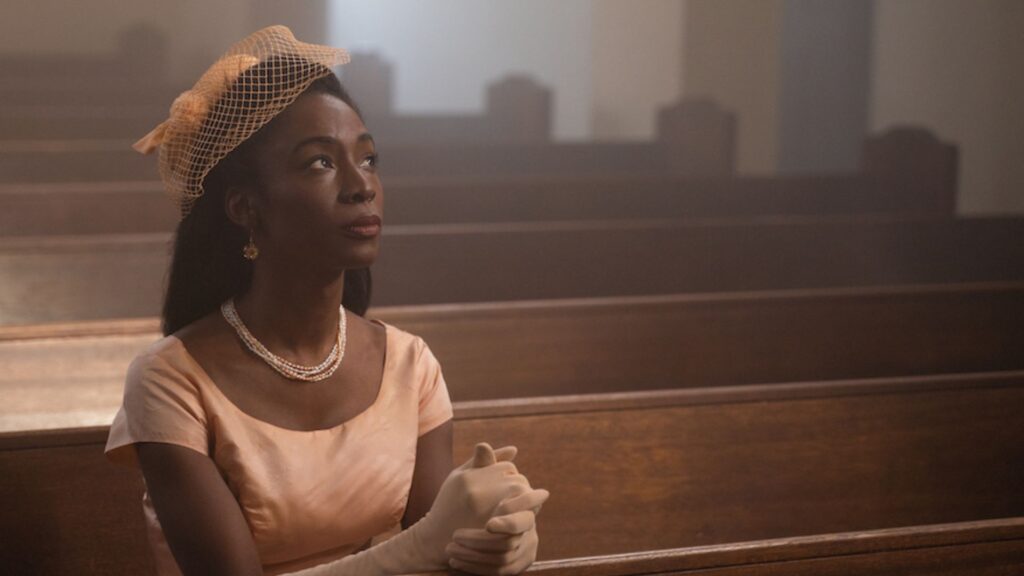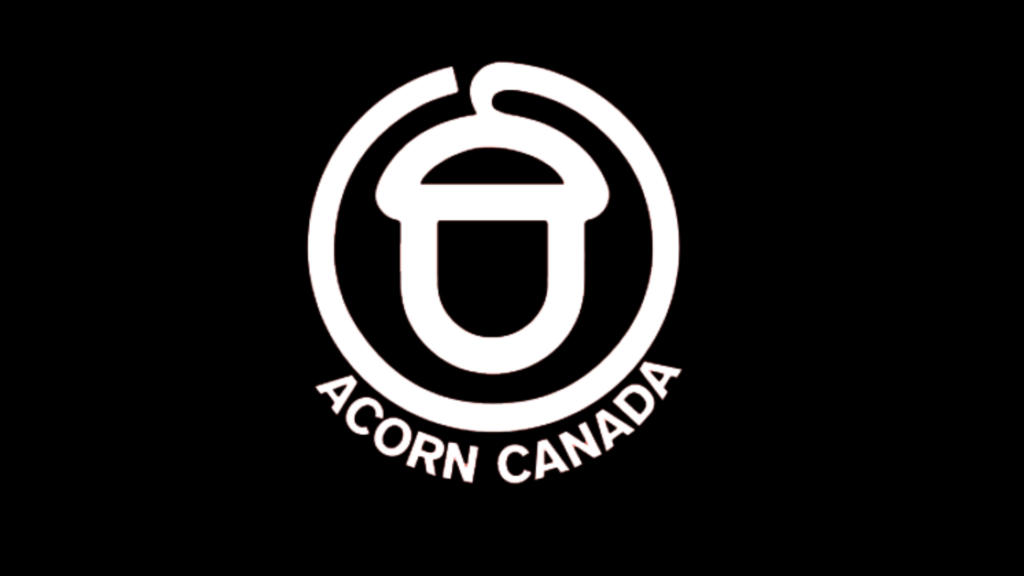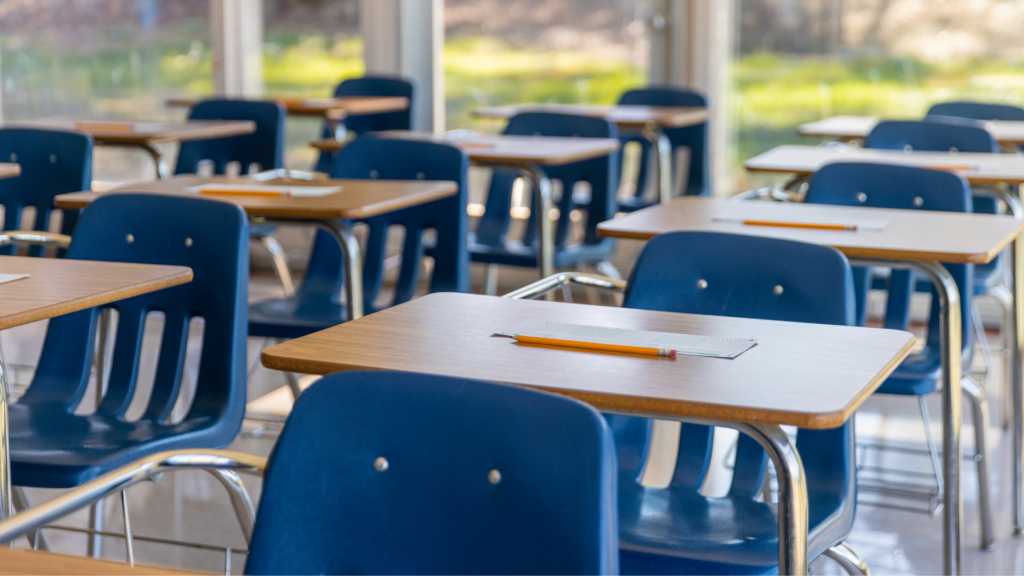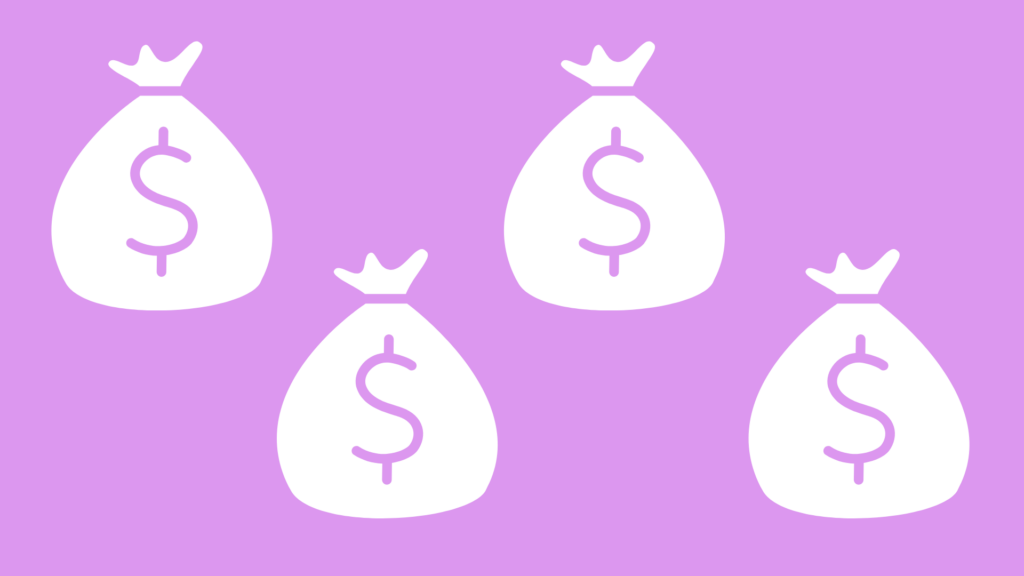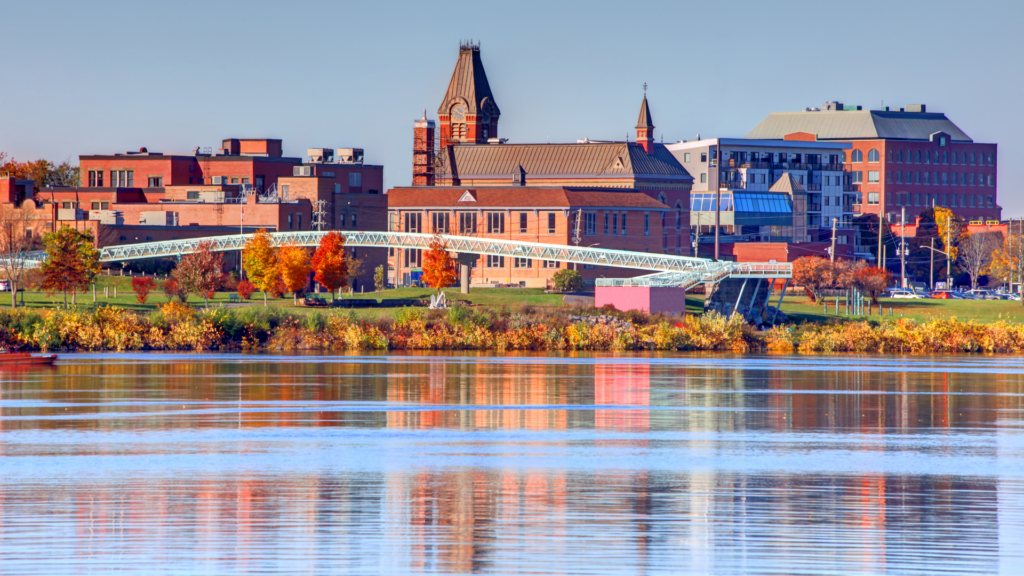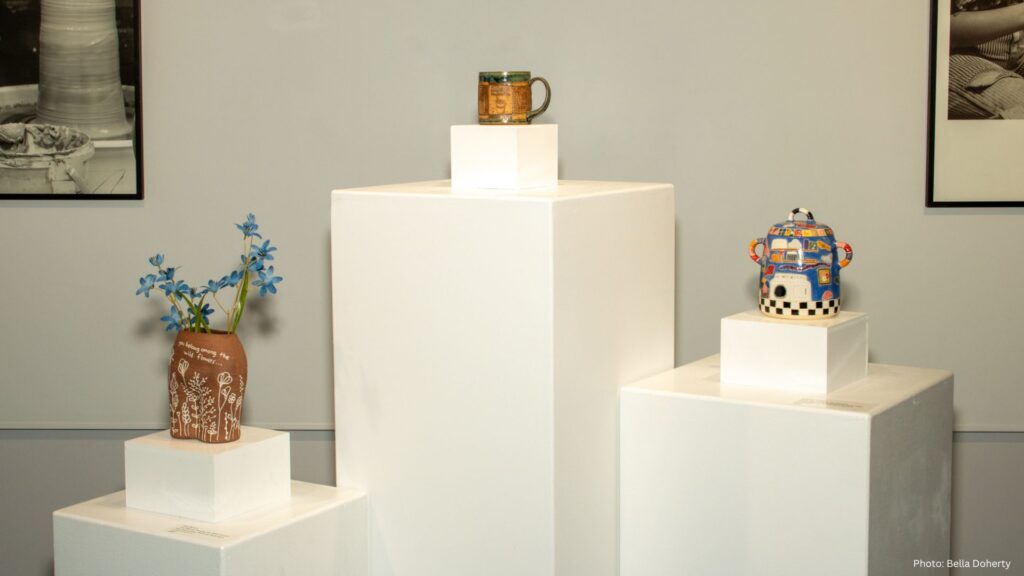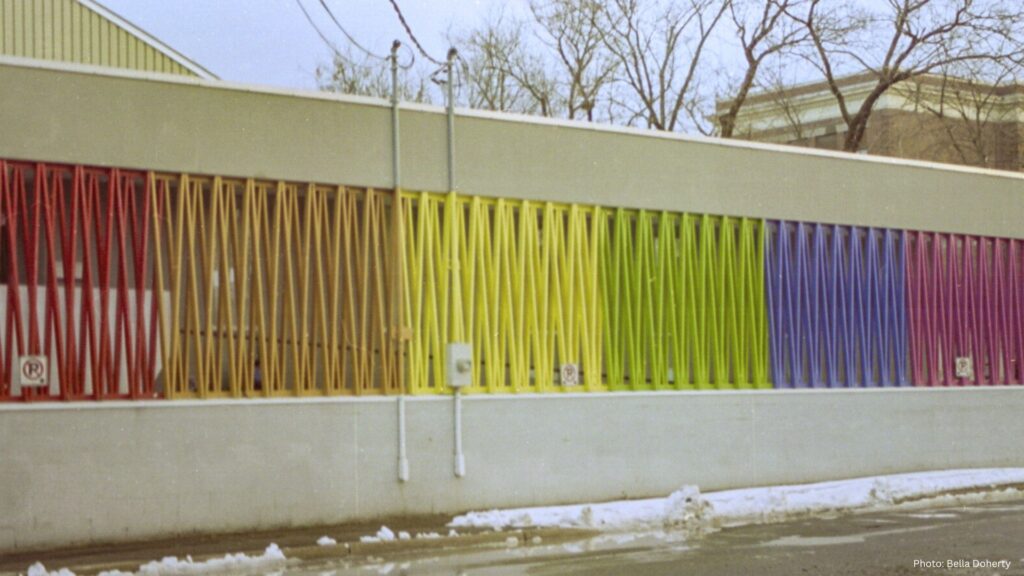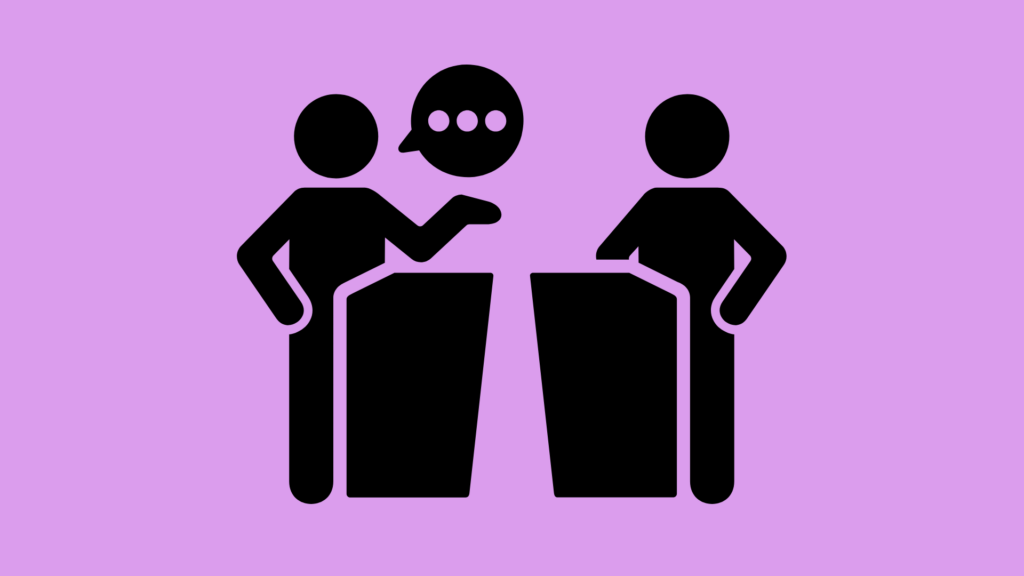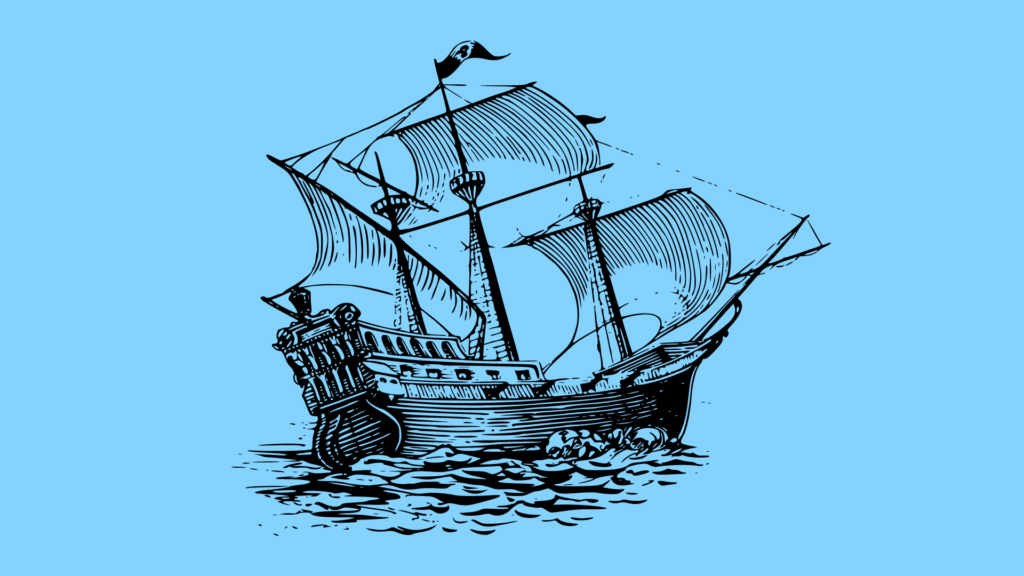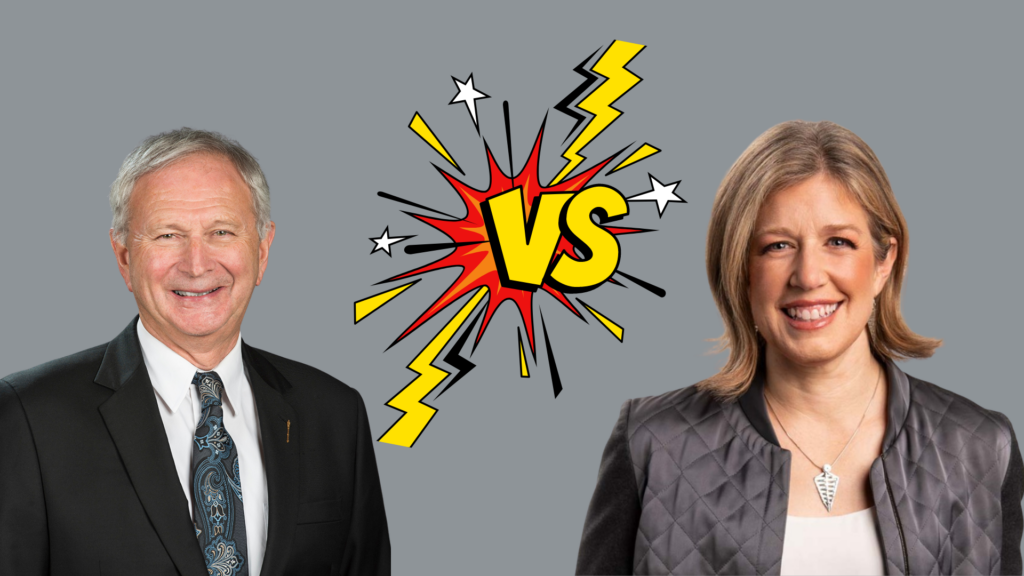Graduation is a special moment for students: it is when one’s cycle of learning closes, even if temporarily. It is a moment of celebration. What could make it more special?
Perhaps the presence of a presidential candidate for the upcoming American election making an appearance at no where else but a UNB Convocation?
Despite how bizarre it may seem now, it has already happened—twice. In both instances UNB received illustrious members of the Kennedy family. In 1957, John F. Kennedy spoke to UNB graduates. He was also conferred an honorary degree. A decade later, Bobby Kennedy followed his brother’s footsteps.
In 1957, JFK was a Senator from Massachusetts. He had been elected as Senator in 1953, having previously served as a representative between 1947 and 1953. When he visited the University of New Brunswick there was already speculation that he was a potential presidential candidate for the Democratic Party.
Behind this visit, which strikes many as odd, lies a familial connection. John and Bobby’s father, the infamous (and Nazi sympathizing) Joe Kennedy, was close friends of Max Aitken, also known as Lord Beaverbrook. The two met in England when Joe served as the American ambassador to the United Kingdom.
As such, when the invitation to visit UNB came, JFK accepted. His presence in the Fall Convocation was announced on October 1, 1957. In the news release, JFK was called “the most popular political figure in the history of Massachusetts.” This claim is backed up with Kennedy’s voting count recorded throughout the 1960 US Presidential Election.
On October 4, 1957, in another news release, the then Senator was referred to as “a Pulitzer-Prize winning author and hero of the Second World War.” Some scholars would argue that neither statement was true: his actions in the Second World War are exaggerated, and the authorship of his book is heavily contested.
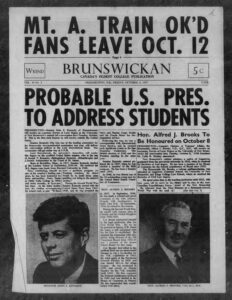
The Brunswickan covered Kennedy’s visit at the time. Issue from October 4, 1957.
The Fall Convocation for the Class of 1957 took place on October 8. In the ceremony, Kennedy delivered a speech entitled “Good Fences Make Good Neighbors.” His speech emphasized the importance of collaboration between the United States and Canada, as neighboring countries.
“Today, if the United States and Canada, with their common language, common history, common economic and political interests and other close ties cannot live peacefully with one another, then what hope is there for the rest of the world?”
Although Kennedy had already been honored at other universities, UNB was the first (and only) Canadian institution to grant him an honorary degree. And, interestingly, Lord Beaverbrook referred to him on that occasion as “the next President of the United States.”
“When [JFK] has become President of the United States of America, I say to him, remember New Brunswick,” said Lord Beaverbrook while conferring the degree.
On the day of Convocation, The Brunswickan published a cartoon of Kennedy following the path from the University of New Brunswick to the White House.
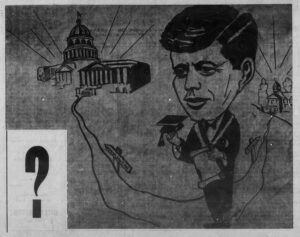
Cartoon published on The Brunswickan on the day of Convocation. October 8, 1957.
When he was elected in 1960, newspapers from across Canada were stricken by UNB’s foretelling. The Kingston Whig-Standard wrote: “When John F. Kennedy was elected, some of the people at the University of New Brunswick were able to say ‘I told you so.’”
Kennedy’s election also enabled the administration of UNB (and even The Brunswickan) to claim his laurels as their own.
On November 8, 1960, The Brunswickan reprinted the same cartoon it published during Kennedy’s 1957 visit. Although, this time the cartoon had a different caption: “Local Boy Makes Good.”
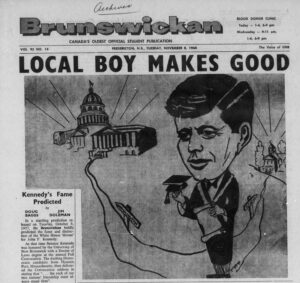
Kennedy’s election reprinted in The Brunswickan. November 8, 1960.
In a January 1961 news release, JFK was referred to as “[the University’s] most distinguished alumnus.”
“UNB alumni have become presidents of big corporations, but this is the first time that a UNB alumnus has been elected president of the United States or any other country.”
Upon his inauguration on January 20 of that year, the university shed its “conservative flag-waving policy” and hoisted the UNB colors in his honor. It was the first time that the flag was flown to honor anyone for attaining high public office.
Ten years after JFK’s Fall Convocation address at UNB, his younger brother, Bobby, followed in the elder Kennedy’s footsteps, arriving on the UNB campus in 1967.
When RFK appeared at the University of New Brunswick for the Fall Convocation, he was serving as Senator for Massachusetts. His name was up-and-coming for the 1968 presidential election. Mirroring his brother’s legacy in many other ways, it is unsurprising that he would also come to UNB.
In 1967, the Fall Convocation took place on October 12. Bobby Kennedy delivered an address titled “Different Paths of a Common Goal,” and was also conferred an honorary Doctor of Law degree. He spoke about many themes: wars, the economy, the shared goals of Canada and the United States, and the legacy of Lord Beaverbrook at UNB.
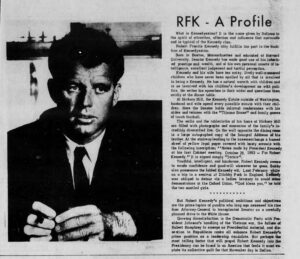
Profile of Robert F. Kennedy published in The Brunswickan, in light of his graduation address. October 12, 1968.
“Much has changed in the last ten years. And at this University, your Chancellor, Lord Beaverbrook, has gone. But his contributions to the province of New Brunswick, and to this university, remain,” he said.
“I think the world is better because Lord Beaverbrook lived.”
He emphasized the changes that took place in Canada and the United States. He speaks of a “revolution of self-sufficiency,” which had exacerbated the discrepancies between the Global North and South. The United States and Canada should be in a position to solve these problems.
“What will endure of our own civilization, of Canada, and of the United States, will not be the wars we won, the weapons that we built, or the wealth that we accumulated,” he said.
“It will be whether we can break out of the terrible paradox that in an age of unbounded human possibility, men should hate and kill and want to destroy one another.”
His speech certainly reflected the Cold War zeitgeist. Parroting the idea that the United States and Canada should emerge as bastions of goodness and peace, or as a civilizing force on the global stage.
Almost a year after his address to UNB, Bobby Kennedy was shot and killed at a hotel in California.
Two Kennedys, two Convocations. Two presidential candidates. One elected and then killed, the other killed before he could have been elected. Perhaps there is a reason no other Presidential candidate has visited UNB?


